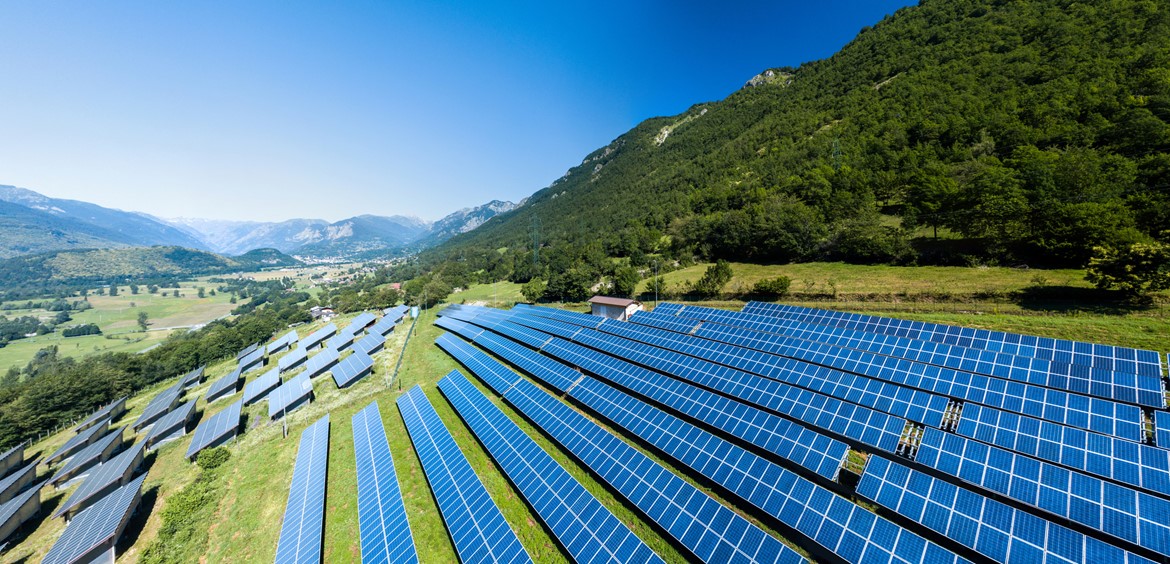Rising energy costs drive green agenda among UK small businesses
Tuesday 31st May 2022

Soaring energy prices have forced 89% of small businesses to review their energy use - with many becoming greener enterprises as a result - according to new research from Novuna Business Finance.
The findings come at a time when many smaller enterprises trail behind larger corporates on sustainability matters - with less than half of UK small businesses having a carbon offset plan in place (45%) and 24% saying they don't have the budget to invest in becoming more sustainable. It may not have originally been a plan, but the soaring of energy prices in recent weeks has forced many small businesses to act in a more sustainable manner, which is good for their bottom line, local communities and the planet.
The national poll asked 1,027 small business owners how, if at all, rising prices had impacted how they buy and use energy:
- 37% of small business owners said they were already shopping around for cheaper energy deals from other energy suppliers. By sector, this savvy shopping was most pronounced in manufacturing (49%) and retail (42%).
- 34% of respondents said they had quickly put plans in place to more closely monitor their energy usage as a business - and 29% were already attempting to use less energy.
- Nationally, 12% of small businesses had accelerated plans to use green, renewable energy options and to reduce their reliance of fossil fuels. Small businesses in the transport (20) agriculture (22) and media (24) sectors were most likely to be moving into renewables on the back of soaring energy costs.
Looking at the impact of rising energy prices on the supply chain, whilst 22% of small businesses said they would pass rising energy costs on to their customers, 27% also said they would look to ditch suppliers that tried to pass costs on to them.
And consumers buying products and services should be aware of potential price increases from builders, hotels and restaurants in the coming months. Construction (35%) and hospitality (37%) were the sectors where small businesses were most likely to have no qualms about passing on rising energy prices to their customers - in terms of higher prices for goods and services.
Regionally, Scotland emerged as the greenest region in terms of how small businesses were reacting to rising energy prices. Overall, 18% of Scottish business owners were those most likely to be accelerating their move into renewable renewable energy options and reducing their reliance of fossil fuels. The canny Scots were also most likely to be looking to switch to cheaper energy suppliers (44%).
Jo Morris, Head of Insight at Novuna Business Finance comments: "Following the invasion of Ukraine, the multi-lateral effort to withdraw from Russian oil supplies has impacted small businesses across industry sectors, in terms of soaring energy prices. That said, small businesses have adapted quickly and decisively, with many shopping around for cheaper suppliers or putting in plans to reduce their energy usage. Coupled with many business leaders looking more seriously at renewable energy options, the energy price crisis has arguably been the catalyst needed - encouraging more small businesses to adopt sustainable practices that will help protect the planet."
Notes to editors
The research was conducted by MaruBlue among a representative sample of 1,027 small business decision makers in April 2022.
Sustainability statement
Novuna Business Finance recognises its responsibilities to support society, communities, and it is committed to making a positive and sustainable difference to people’s lives. The business focuses on markets where it can contribute towards the UN's Sustainable Development Goals and provide innovative solutions that require high service levels and a commitment to customer care. The aim is to work with customers to make them aware of more sustainable asset choices, and to work with suppliers, where possible, to help identify more sustainable solutions. Novuna Business Finance is committed to supporting society and the communities in which it operates to make a sustainable difference.
